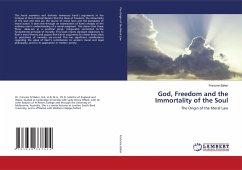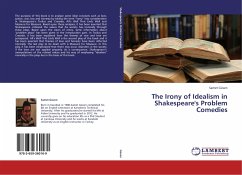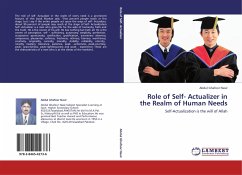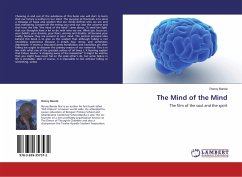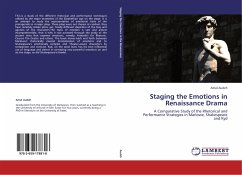This book examines and defends Immanuel Kant's arguments in the Critique of Pure Practical Reason that the ideas of freedom, the immortality of the soul and God are the source of moral laws and the postulates of moral action. It does this through an examination of Kant's analysis of the ordinary man's understanding of a moral judgment. This shows that these three ideas are in a practical sense, inseparably connected to the fundamental principle of morality. This book rejects standard objections to Kant's moral theory and argues that Kant's arguments for these three ideas as postulates of morality are sound. This has significant ramifications regarding the value of Kant's contribution to western moral and legal philosophy, and for its application in modern society.
Bitte wählen Sie Ihr Anliegen aus.
Rechnungen
Retourenschein anfordern
Bestellstatus
Storno

